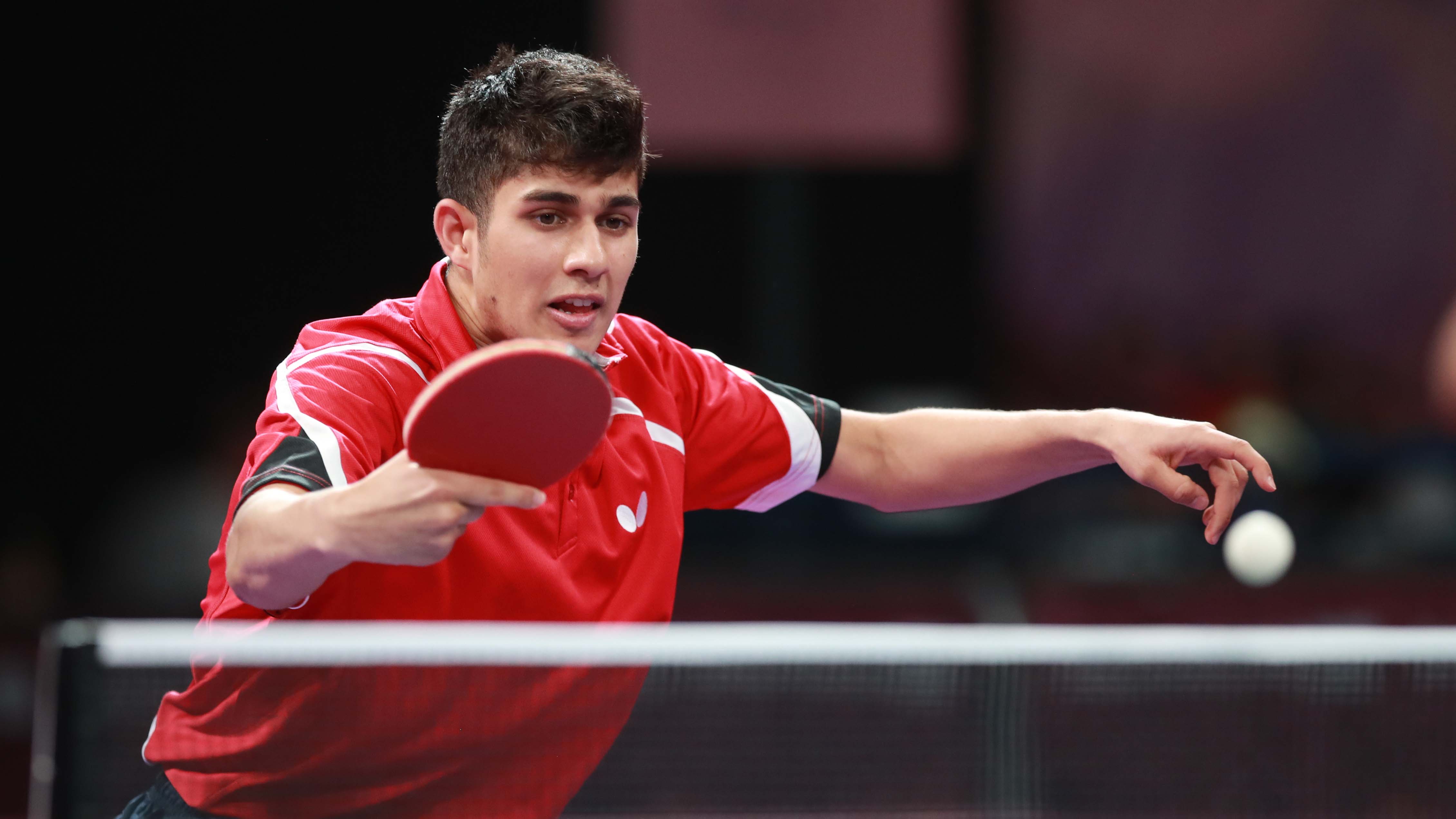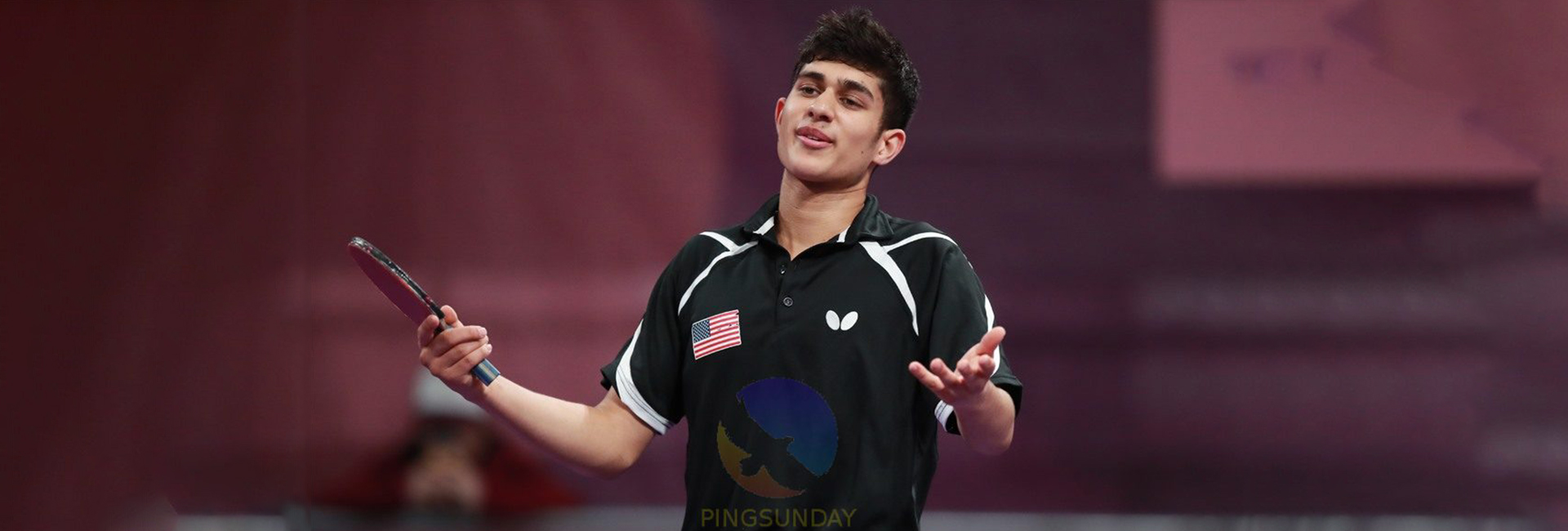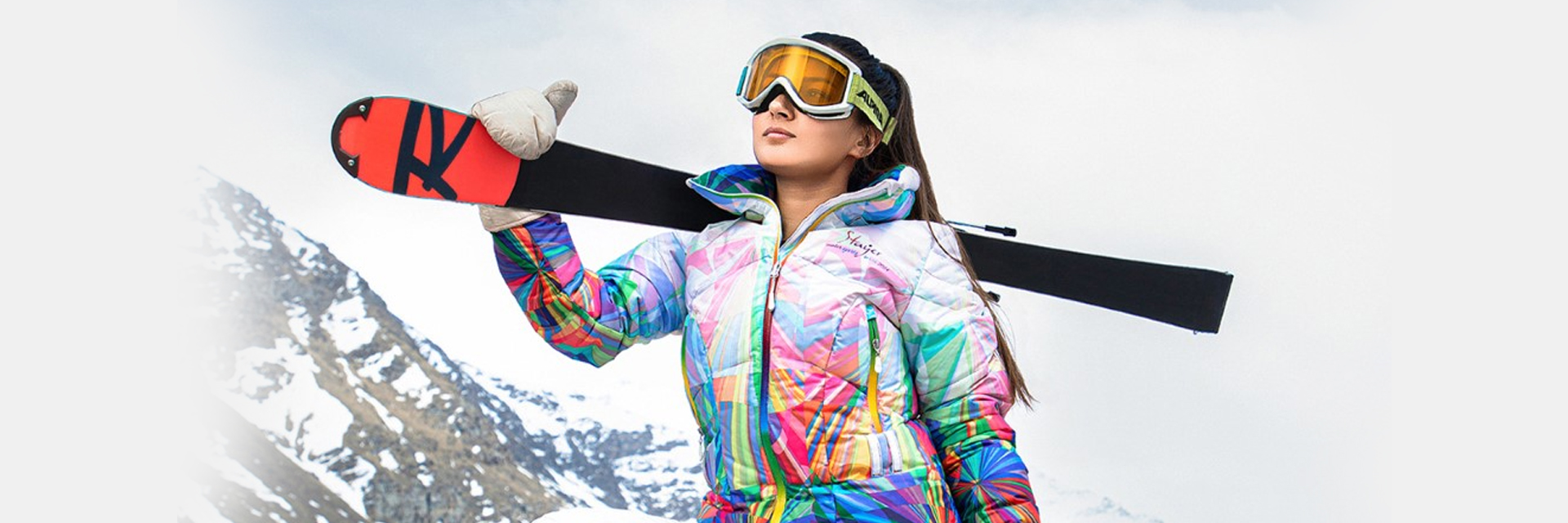(January 11, 2023) “America is the land of dreams. What am I doing here if I don’t let my son follow his?” Karuna Jha’s 22-year-old son, Kanak, is a table tennis prodigy and as he grew up, his parents made sure every penny went towards helping him and his sister train. Their efforts have more than paid off. The young Global Indian has won the US Men’s Singles not once, not twice but four times, the youngest player at the 2016 Rio Olympics (he was 16 then) and the first American to win a medal at the Youth Olympics in Argentina in 2018. All this before his twenty-third birthday.
A piece I came across in ESPN poignantly describes Kanak’s graduation from high school. When his name was called, there was no applause from his classmates, “his mother’s lone claps fade meekly away,” the writer says. “The youngest athlete – and the first born in the 21st century – to represent the United States at the Olympics and the International Table Tennis Federation World Cup is a stranger at his own school.”
Dedication, sacrifice and an early start

Kanak Jha at the 2018 Youth Olympics in Buenos Aires.
It’s a strange thing, Kanak Jha, with the amiable good looks of a jock and an easygoing manner, has everything it takes to be the most popular kid in school. It’s a small sacrifice made along the way, however, for this single-minded young champion. Jha doesn’t seem to be easily fazed, table tennis has strengthened his mind just as much as his body. “I’m quite strong mentally because table tennis is a very mental sport,” he said. “i’m always trying to stay positive when things aren’t going well. My mental game is quite strong and it’s one of my biggest strengths.” That resilience has helped his game, too – Jha has the maturity of a veteran, keeping his calm, staying positive and turning around a poor game.
At the Jha house, the living room is filled with Kanak’s many trophies and accolades. The house, his mother told ESPN, hasn’t been re-done since the mid-1990s, because all the money has been spent on table tennis for Kanak and his sister Prachi. Always a spirited kid, his parents noticed early on that Kanak’s eyes lit up when he saw a game of table tennis at the India Community Center in Milpitas, where the family lived at the time.
Both his parents were IT professionals and could cough up the steep price of experienced coaching – anywhere between $50 and $100 per hour, with around twelve hours of training per week, per child. While they could pay, it meant giving up a lot of things, from family vacations to a new car.
Moving away from home
View this post on Instagram
As his friends started high school Kanak had found victory in the 2013 US National Championships, which he won four times. That’s when, at the age of 14, he and his sister decided to leave home and head to Sweden, the global hub for table tennis. Kanak wanted the best coaching and also, a better class of opponents.
Kanak arrived in Halmstad, Sweden and fell in love with the place. He found fame there, he would walk down the street and have people recognize him, a far cry from the United States – and many other countries, really – where table tennis simply command such viewership. His life remains a mix of fame and obscurity, from being stopped for selfies to barely being recognized by his own classmates.
Making history at the Rio Olympics
Training was rigorous and his sister kept him company, cooking his meals at the end of the day. He was training for eight hours a day, at the bordtennisklubb, perfecting his game under world champion Ulf Carlsson, who was head coach at the time. At 14, he was selected for the World Cup and two years later, made it to his first Olympic Games, becoming the youngest American Olympian. “At the time I didn’t fully realise what it meant to be an Olympian,” Kanak grins. “I’m very happy to have been able to compete there and it definitely gives me an advantage.”
In 2018, he won the World Junior Circuit Finals in Luxembourg, shooting up the U18 world rankings. A year later, he decided it was time to perfect his technique even more and joined the Budesliga in Germany, where he trained for seven hours a day, six days a week. “The world class are setting the bar very high. The Chinese are practicing six to seven hours a day. So, if you want to compete with them you have to find a solution. Just practicing two to three hours a day will not work,” Kanak’s coach, Joerg Bitzigeio, stated.
View this post on Instagram
Finding resilience
The pandemic was a big blow, also because Kanak’s game started out very strong in 2020. In April that year, looking somewhat down in the dumps, he spoke with Pong Positive, saying, “It’s been tough for me. I’m just trying to stay positive. Normally I train all the time, I love playing and practicing. So, it’s been tough.” He made the best use of his time, watching old games and fine-tuning his technique, something he didn’t have the time to do otherwise. As always, he showed remarkable maturity and persistence in the face of very trying circumstances. “I’m lucky enough to have a table at home, as well as a robot, so I could practice.”
Tokyo calling
All that effort culminated in 2021, for after ten years of training eight hours a day, he headed to the Tokyo Olympics. His parents couldn’t go with him, as pandemic restrictions were still in place at the time and outside spectators were not allowed. He had another Indian-origin player, Nikhil Kumar by his side.
He lost 4-2 to Russian player Kirill Skachkov and the USA, still a fledgling nation in the table tennis arena, at least, lost to Sweden. However, Jha managed to secure one victory for America, defeating Mattias Falck.
In 2022, he was ranked number 22 in the world. “It feels really good,” he said, in an interview with Butterly. “But honestly, not as good as the top 20 would sound. That’s the next step.”
- Follow Kanak on Instagram


